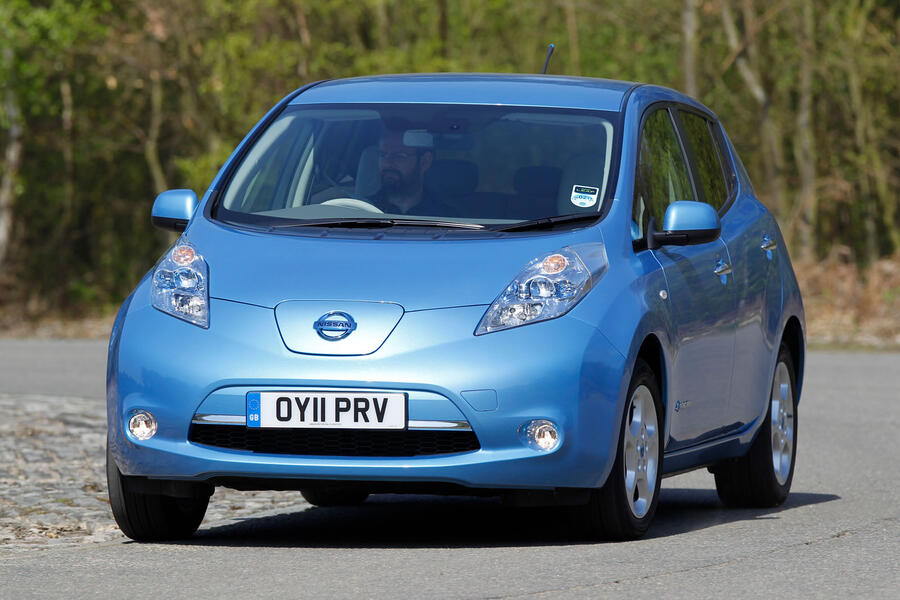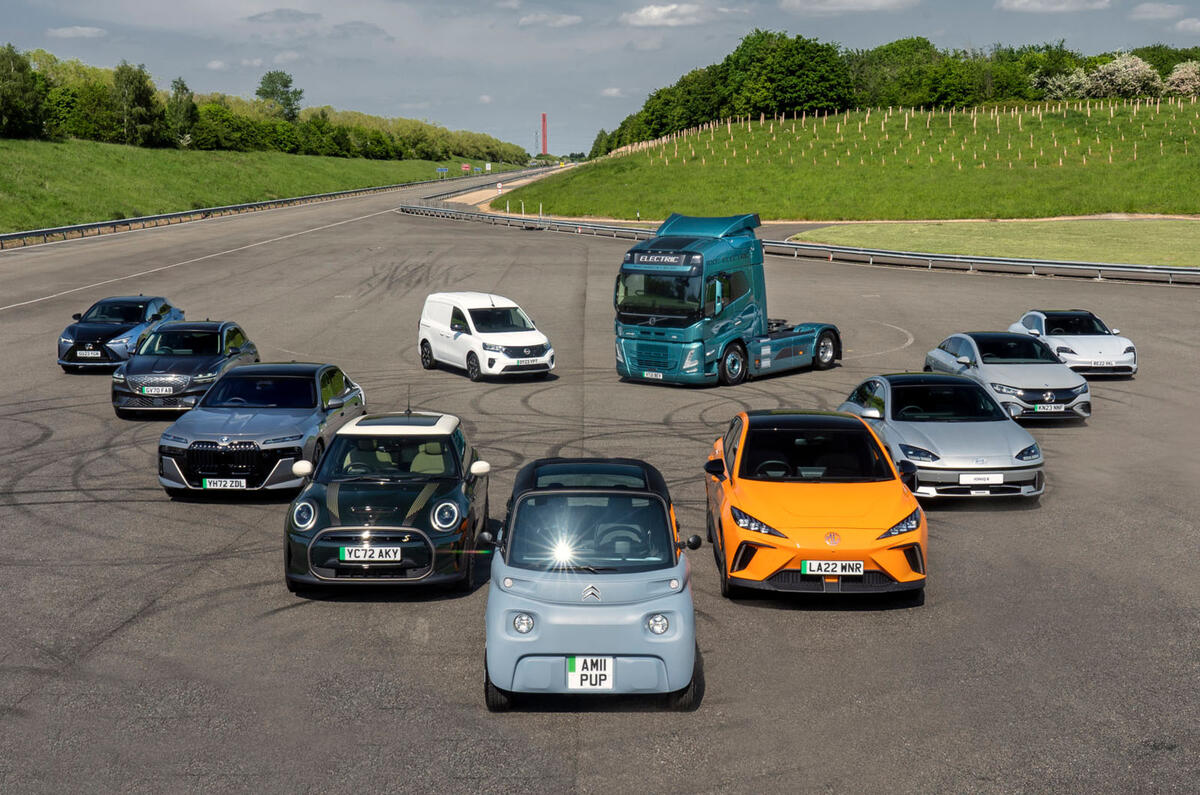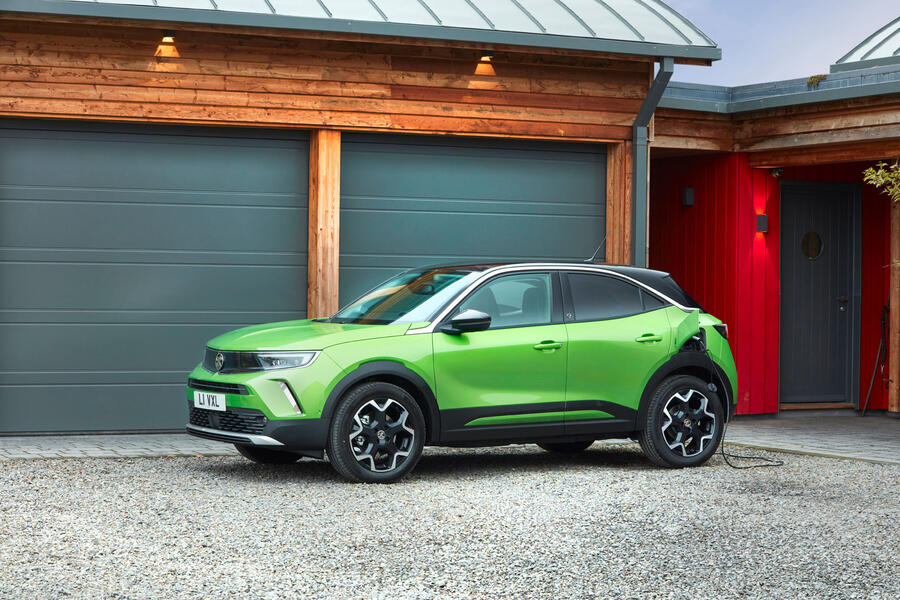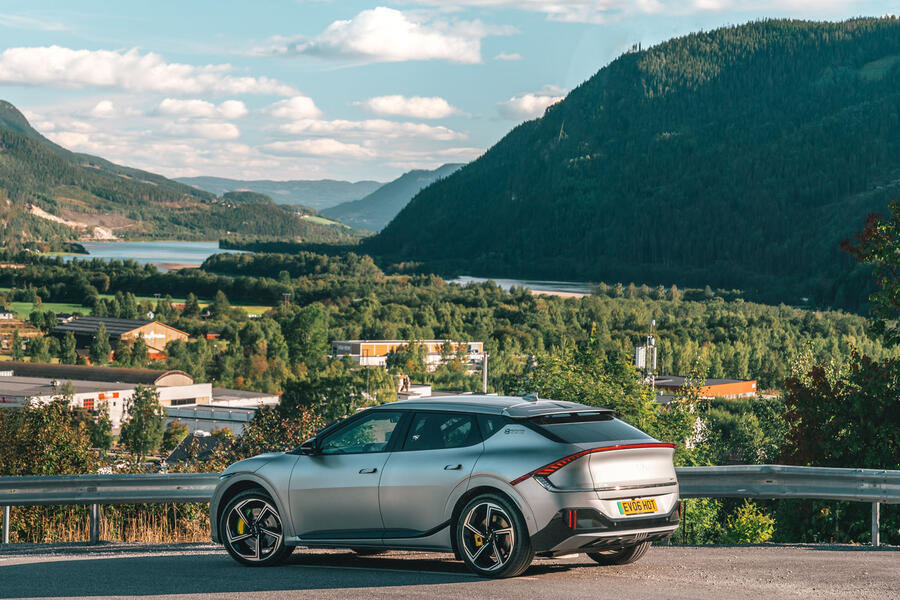Car industry executives have called for incentives for private electric car buyers to be reintroduced ahead of the start of the zero-emissions vehicle (ZEV) mandate in 2024.
Under current plans – which have still to be finally signed off just three months before their implementation – 22% of all manufacturers’ new car sales in the UK will need to be ZEVs from 1 January 2024, rising annually to 80% in 2030 and 100% in 2035, when sales of new hybrid cars will be banned. Fines will be imposed upon manufacturers who do not hit the targets.
However, sales of new battery-electric cars (BEVs) – by far the dominant form of ZEV in the UK – are currently far behind the 22% target. During the first six months of 2023, BEVs represented 16.1% of all new car sales in the UK. Their market share remained at 16.1% in July, but a particularly strong August – in which they represented one in five new-car sales – increased their year-to-date share to 16.4%.
Giving evidence to the House of Lords Environment and Climate Change Committee’s inquiry on electric vehicles, Vauxhall managing director James Taylor partly attributed this stagnation to the withdrawal of the Plug-in Car Grant (PiCG) in June 2022. This has “subdued demand in those smaller car segments where we’ve got vehicles available today,” said Taylor.
The PiCG was offered from 2011 and initially offered £5000 off the purchase of all plug-in models – including plug-in hybrids (PHEVs) and BEVs.

The PiCG’s value was reduced on several occasions as uptake of plug-in vehicles grew. It was cut to £4500 for BEVs and £2500 for PHEVs in 2016. Two years later, the sum provided for BEVs fell to £3500, and PHEVs were entirely omitted from the scheme. It dropped by a further £500 in 2020 and again in March 2021, when it was also limited to BEVs costing less than £35,000.










Join the debate
Add your comment
Had a brief look into changing my soon to be 3yr old car, a XC60 PHEV was a possible option. Had a more detailed look in to charging and costing for that.
To cut a long story short it only made sense if I were to charge it at home but even then there's a £1000 outlay for a charger that needs to be recouped.
Not only were many public chargers more expensive than petrol, you'd be charged money if your car was in the charging bay not being charged.
Forget about range anxiety, EV comes with a whole new list of issues which you pay handsomely for. And let's don't even mention depreciation !
As a private motorist, any type of electric or plug-in electric would be so much more expensive for me to run than I have now, a few thousand pounds subsidy would make zero difference.
I'd also add I currently have a Skoda Kodiaq. As soon as the word PHEV or EV is mentioned, I'm also loosing much needed cargo volume.
Volvo did their own study a while back and compared the emissions from the manufacture of their big 4x4 EV with the TD equivalent.
They found that due to the extra emissions from the EV the TD version could drive over 50,000 miles before the EV started its "Green credit"....
Then we have the issue of how we dispose of the battery at the end of its useful life.....500kg of hazardous waste....
Alternative headline: 'Foreign car companies demand taxpayer cash to maintain their post covid inflated profit margins'
No, just no.